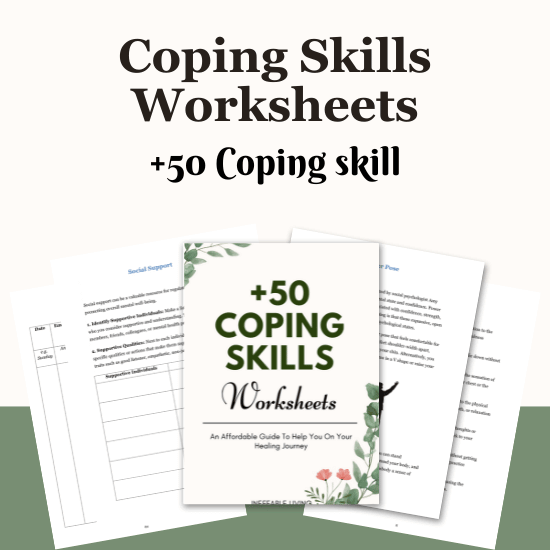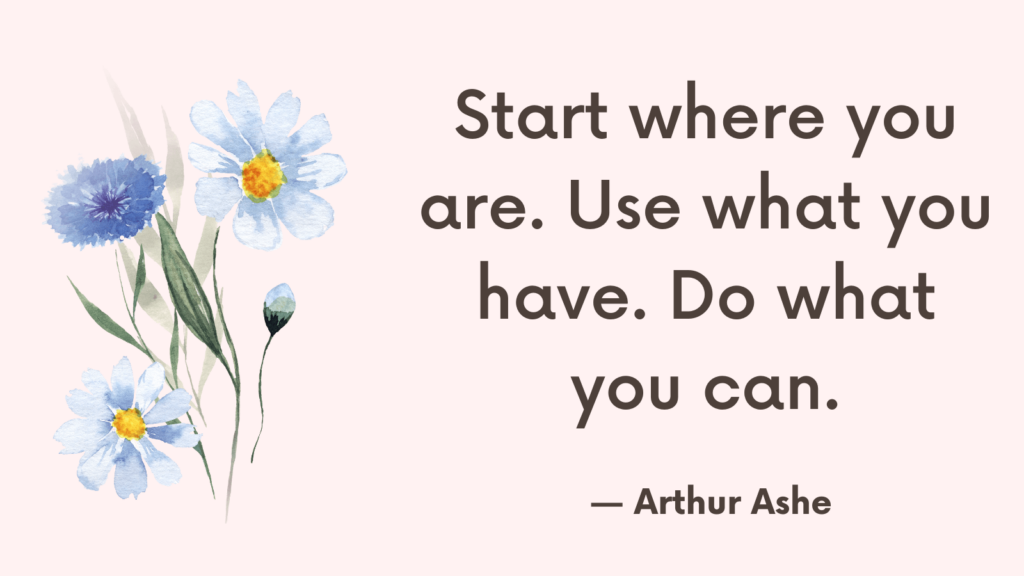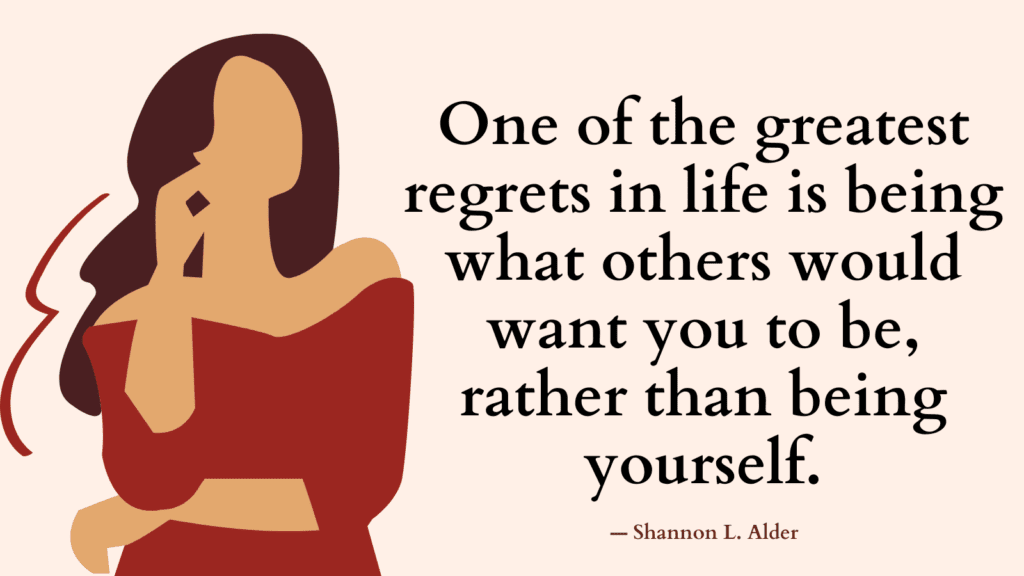Maintaining good mental health is just as important as caring for your physical health. In our fast-paced world, it’s easy to get caught up in the demands of daily life, often neglecting the small, everyday practices that keep our minds healthy and resilient.
Whether you’re dealing with stress, anxiety, or just looking to boost your overall well-being, taking proactive steps to nurture your mental health is crucial.
This guide will explore simple, effective strategies that you can incorporate into your routine to support and enhance your mental well-being, helping you to lead a more balanced and fulfilling life.
Why Mental Health Needs Daily Attention
The Mind Responds to What You Practice
Your thoughts, routines, and boundaries shape your emotional state. What you repeat becomes what you believe.
Stress Accumulates Quietly
Even when life looks “fine,” micro-stress builds up. Without intentional release, it turns into anxiety, exhaustion, or burnout.
Self-Neglect Becomes a Pattern
When you don’t check in with yourself, you begin to disconnect. Over time, that disconnection feels normal — even though it’s not sustainable.
10 Simple Ways to Look After Your Mental Health
1. Practice Daily Gratitude
Spend a few minutes each day reflecting on things you are grateful for. This could be as simple as appreciating a sunny day, a good conversation, or a delicious meal.
Gratitude shifts your focus from what’s lacking to what’s abundant, fostering a more positive outlook and improving your mood.
2. Stay Physically Active
Engage in regular physical activity, whether it’s a brisk walk, yoga, cycling, or dancing.
Exercise releases endorphins, the body’s natural mood lifters, and helps reduce stress and anxiety.
3. Get Enough Sleep
Aim for 7-9 hours of quality sleep each night by maintaining a regular sleep schedule and creating a relaxing bedtime routine.
Adequate sleep is crucial for mental health, improving mood, concentration, and overall well-being.
Related: How To Stop Worrying And Fall Asleep?
4. Connect with Others
Make time to talk to friends, family, or colleagues regularly, even if it’s just a quick check-in.
Social connections provide emotional support, reduce feelings of loneliness, and promote a sense of belonging.
5. Practice Mindfulness
Spend a few minutes each day practicing mindfulness or meditation, focusing on your breath, or engaging in a mindful activity like eating or walking.
Mindfulness helps you stay present, reduces stress, and enhances emotional regulation.
Related: Best 6 Mindfulness Exercises For Beginners (+FREE Resources)
6. Limit Screen Time
Set boundaries around screen use, especially social media. Take regular breaks from your devices and engage in offline activities.
Reducing screen time can decrease anxiety, prevent overstimulation, and improve sleep quality.
7. Eat a Balanced Diet
Focus on a diet rich in fruits, vegetables, whole grains, lean proteins, and healthy fats. Avoid excessive sugar and processed foods.
Good nutrition supports brain health, stabilizes mood, and boosts energy levels.
8. Set Realistic Goals
Break down larger tasks into smaller, manageable goals. Celebrate small achievements along the way.
Setting realistic goals prevents overwhelm, builds confidence, and provides a sense of accomplishment.
9. Take Breaks
Schedule regular breaks throughout your day, even if it’s just for a few minutes. Step outside, stretch, or do something relaxing.
Taking breaks prevents burnout, reduces stress, and helps you maintain focus and productivity.
10. Practice Self-Compassion
Be kind to yourself, especially when things don’t go as planned. Treat yourself with the same care and understanding you would offer a friend.
Self-compassion reduces negative self-talk, promotes emotional resilience, and supports overall mental health.
Related: How To Be Gentle With Yourself? Top 5 Ways To Practice Self-Compassion

Conclusion
Taking care of your mental health doesn’t have to be complicated. By incorporating these simple practices into your daily routine, you can significantly improve your emotional well-being and resilience.
Start small, be consistent, and remember that every step you take towards better mental health makes a difference.



